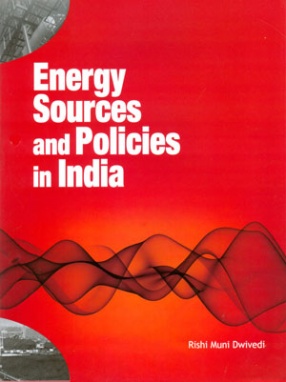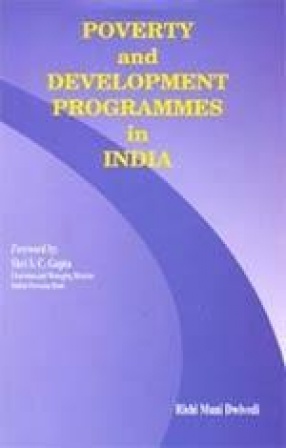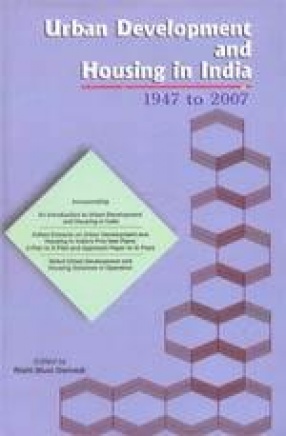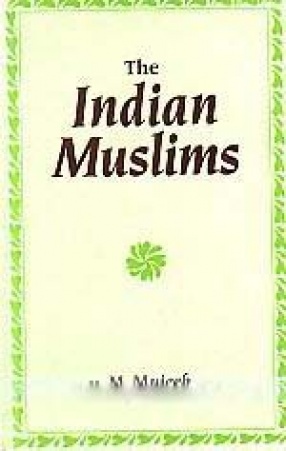A subsidy is a grant of money from an outside third party to either the buyer or the seller of a commodity. The effect of subsidy is opposite of the effect of a tax. A cash subsidy is the opposite of a direct tax while a subsidized commodity is the opposite of a taxed commodity. Hence, subsidies are sometimes called negative taxation. Providing minimum consumption entitlement to the poor by subsidizing the items consumed by them is an extremely important welfare dimension of fiscal policy. However, subsidies can generate negative effects also. Once received, people become dependent on the subsidies. Hence, subsidies are sometimes termed as sweet poison. This book explains and examines the whole gamut of subsidies, both explicit and implicit, in India at the level of Central and State Governments. There are 46 chapters in all which have been categorized into the following 12 theme parts. Some overlapping in categorization is possible because a subsidy programme/scheme may have multiple objectives.
Subsidies in India
In stock
Free & Quick Delivery Worldwide
reviews
Bibliographic information
Title
Subsidies in India
Author
Edition
1st ed.
Publisher
ISBN
8177081179
Length
xxiv+400p., Tables; Appendices; 23cm.
Subjects








There are no reviews yet.